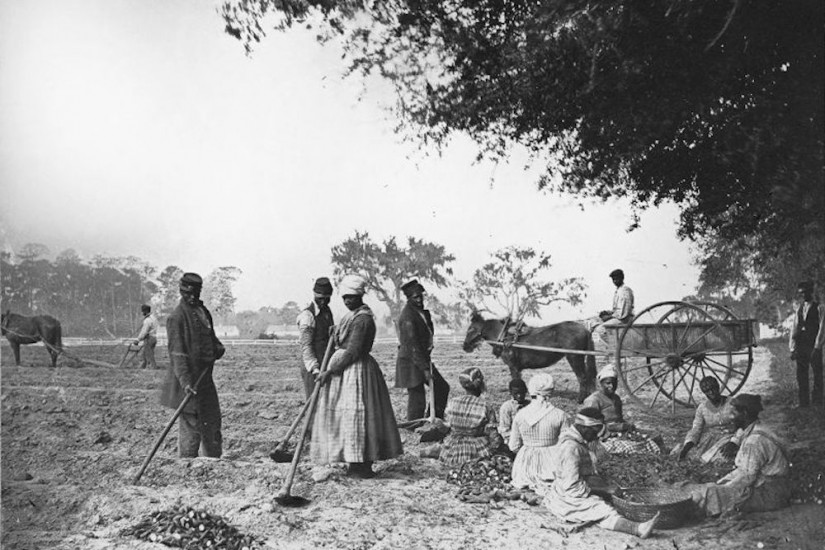In various corners of the internet, memes circulate about a Black man identified as “Anthony Johnson,” believed to be a pioneer of American slavery and the first slave owner in North America. Intended for shock value, these memes reveal the new ways people disseminate knowledge in the age of social media. Anyone with access to the internet and the necessary software can generate historical narratives that gain disconcerting popularity. Of course, memes are perfect for establishing “Myth-stories,” as they do not ask readers to evaluate the sources and are often shared prolifically.
Though it is not the only myth attached to American slavery, the meme-ing of Anthony Johnson manifests the unique challenges scholars face in combating historical misinformation. As one of the few documented Black landowners in 17th-century Virginia, his unique story has morphed into a manipulative trope used by right-wing activists. From the 1960s–90s Johnson was predominantly known among academics who studied slavery, but interest in his (misrepresented) life has recently gained traction with the advent of digital sharing, discussion sites, and public forums. For instance, as of July 12, 2019 Johnson’s Wikipedia page claims he was a “colonist” sold by “Arab slave traders,” though there is no citation for the latter claim, nor is it supported by historians. It was likely added by a user who hoped to redirect blame from the Atlantic Slave Trade toward the “Arab Slave Trade,” a popular talking point among right-wing commentators. In his podcast disputing reparations for slavery, conservative pundit Michael Knowles reiterated this myth about Johnson without reviewing the available literature. Such historical distortions seek to minimize Europe’s culpability in expanding African slavery and discredit the system’s intergenerational impact upon African Americans.
In 1621, Johnson was delivered to Virginia’s shores as an African captive, simply called “Antonio.” By the mid-17th century, he became a landowner newly named “Anthony Johnson.” His ability to gain freedom resembles the functions of indentured servitude, in which an unfree laborer is bound to work for a landowner for a specific length of time. Once they satisfied the terms of their indenture, they could freely acquire land and capital. Since Anthony Johnson was an unfree laborer of African descent, his freedom and property acquisitions remain a source of confusion for Americans who are otherwise unfamiliar with how slavery evolved throughout the early decades of English colonialism.
